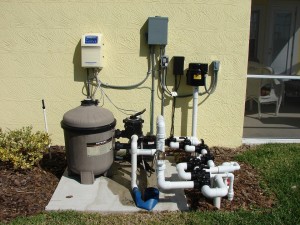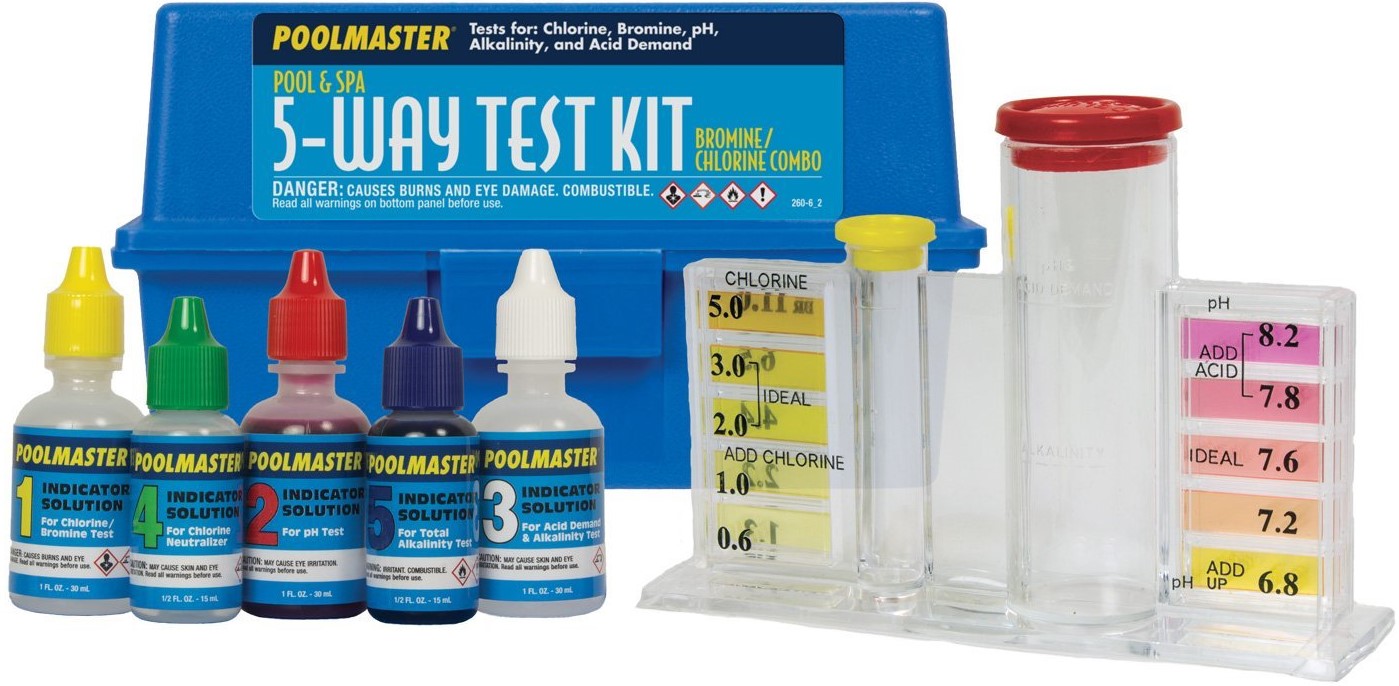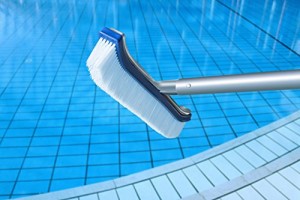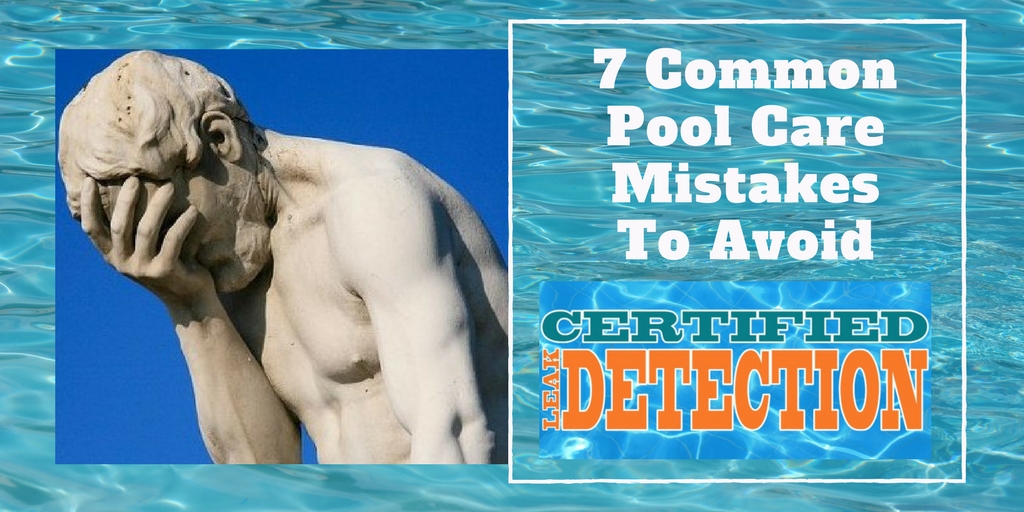7 Common Pool Care Mistakes To Avoid
Having a pool in your backyard is a treat, no doubt, but it is a big responsibility for the homeowner as well. You have to make sure that your family and friends swim in clean and healthy water. You, of course, don’t want your near and dear ones to swim in unhealthy water and fall sick.
Maintaining a pool is a time consuming job. Other than time, you also need to have the requisite knowledge, experience, and expertise to keep a pool in a healthy and ready to swim condition. Pool maintenance requires specialized care, and you have to constantly be on your toes to keep its water sparkling clean.
Regular and proper pool care not only improves the lifespan of your pool, but it also saves you a lot of money. But, it is hard to expect that an average pool owner would know everything about pool care. Though pool owners have access to all the articles on pool care techniques, still home owners make some common mistakes.
To err is human, but you need to learn quickly from your mistakes so that you don’t repeat them in the future. If you apply this philosophy while taking care of your pool, then you can increase the lifespan of your pool, and keep your pool water clean and healthy.
This blog aims at highlighting those mistakes so that you don’t commit them again.
7 Common Swimming Pool Care Mistakes To Avoid
1- Not testing your pool water at regular intervals – Maintaining correct chemical levels of your pool water is essential for a safe swimming experience. Regularly testing your pool water also increases the lifespan of your pool and you don’t end up wasting money on pool care.
To maintain proper chemical levels, you should check your pool water chemistry at least once a week.
It is recommended that you keep the test strips or liquid test kit handy so that you can check the free chlorine levels and pH of your pool on a weekly basis.
But, do keep in mind that a detailed study of your pool water is essential once every month. You can visit your neighborhood pool supply store with a sample of your pool water for a detailed analysis. They would test everything for you — pH and alkalinity, TDS (total dissolved solids), salts and calcium hardness, total free chlorine, nitrates, phosphates, iron and copper.
2- Not running your pool filtering system adequately – If you want to keep your pool water clean, then you should run yo ur pool filter and pump for at least 8 hours every day. You also have to make sure that at least once every day all your pool water passes through the filter. After all, filtration is the key to clean water.
ur pool filter and pump for at least 8 hours every day. You also have to make sure that at least once every day all your pool water passes through the filter. After all, filtration is the key to clean water.
Many pool owners tend to make this mistake. They run the filtering system only before they have to swim. When you run your filtering system adequately, only then there will be proper circulation, which is essential for distribution of chemicals and this, in turn, keeps your water clean.
3- Never shock the pool during the daytime – If you own a pool, you probably know how important it is to shock your pool once every week. But, one thing that you might not be doing right is shocking your pool during the daytime. You should never shock your pool during the day.
Shocking, in pool parlance, means super chlorinating. It is a method that keeps your pool water safe and clean. To shock the pool, you need to add 3 – 5 times the standard amount of chlorine, which increases the level of chlorine for a short time eliminating chloramines from your pool.
The chlorine that is present in the pool water gets attached to the particles it wants to eliminate and converts them into chloramine (dead chlorine). You need to get rid of these chloramines from your pool water at the earliest stage. And, shocking (oxidizing) is what makes sure that your pool water remain free of these chloramines.
To get an effective result from shocking, you need to shock your pool after sunset, desirably at night. The ultraviolet rays of the sunlight burn the chlorine faster and lower its effectiveness, and that is why it is recommended to shock your pool after sunset.
4- Don’t over backwash your pool filter – You need to clean your filter, but too much backwashing is not recommended. Backwashing is the process that cleans the pool filter. Filters take the water from the pool, then clean the filter media and later the dirty water gushes out of the backwash valve.
It is important to backwash your filter, but you should know when exactly to do it. You need to check the pressure gauge on the filter tank before backwashing the filter again. Once you backwash the filter, the reading on the pressure gauge would be anywhere between 10 – 15 psi, which indicates that your filter is running just fine. As and hen there is a change of 10 psi over the normal range (the one that you had noted earlier), it is the right time to backwash your filter. It means that enough debris has collected inside the filter causing the pressure to rise, and this is when you need to backwash your filter.
In fact, the more debris inside your filter, the better it will function. But, make sure that the pressure gauge does not cross the 10 psi barrier.
5- Do not ignore the pool water pH and alkalinity levels – There is a thin line that separates a perfectly balanced pool from an acidic one. If the pH of your pool water is too low, then it means that the water in your pool is acidic. It is true that in acidic water things like algae would not grow. Also, water that is acidic looks more clean and clear. But, pool water which is acidic causes a lot of other problems.
A pool that has low pH can damage your pool equipment pieces like your heater, filter and pump, vinyl liner, automatic cleaner, chemical feeder, and other maintenance equipment.

To keep your pool pH in the desired range, you have to make sure that the alkalinity level of the pool is kept in check always. The value of pH very quickly turns from basic to acidic as there are too many factors that bring down the pH of your pool. And, it is the alkalinity level of the pool that helps the pH value from fluctuating.
6- Always remove algae with a lot of care – Pool algae is a big problem for pool owners, and it needs careful handling. A common mistake pool owners tend to commit is trying to vacuum the algae by using an automatic cleaner.
If you have algae in your pool, make sure that you treat it with the right quantity of hypochlorite shock. Also, make sure that you distribute the shock evenly across your pool. After you are through with this treatment, you should let your filter run for at least 24 hours. And, if you are planning to use a manual vacuum, then make sure that you set the filter to “waste”.
Never use an automatic cleaner to vacuum pool algae.
7- Never underestimate the value of brushing your pool – You must be aware that vacuuming your pool is essential to keep it clean. But, do you know that this is not all? You also have to brush your pool regularly to keep it in perfect shape. Whether you vacuum your pool manually or automatically, you should never forget to brush your pool. A pool brush (and you need to carefully select the brush for your pool) can clean hard to reach places like spaces behind the ladder, pool steps or stairs, corners and crevasses, and water lining at the top of the pool.
Brushing your pool regularly and properly, at least once every week, is a must to keep pool algae and other funky things at bay. This keeps your pool water clean, clear, and healthy for swimming.

As mentioned above, pool care is a specialized field. It is always better to hire a pool maintenance company like Certified Leak Detection that would take care of all your pool care needs.
If you are in and around Orange County, Orlando, Kissimmee, Altamonte Springs, Winter Garden, Winter Park, Apopka, Maitland, Seminole County, Oviedo, Longwood, Winter Springs, Brevard County, Osceola County, Volusia County or Lake County, contact Certified Leak Detection for all your pool care needs.
Certified Leak Detection is a pool maintenance company and we make sure that your pool water remains clean and healthy throughout the year.

